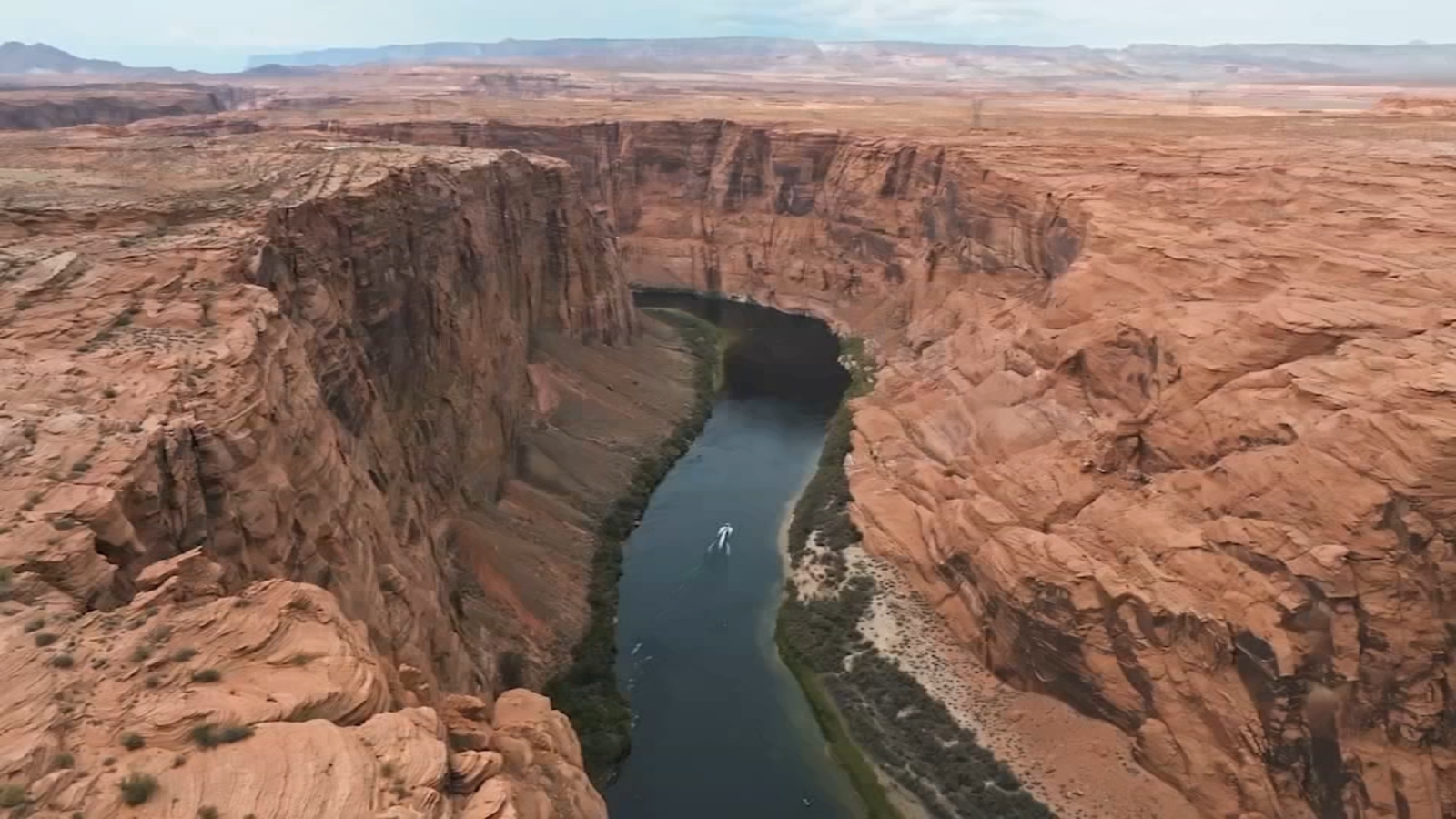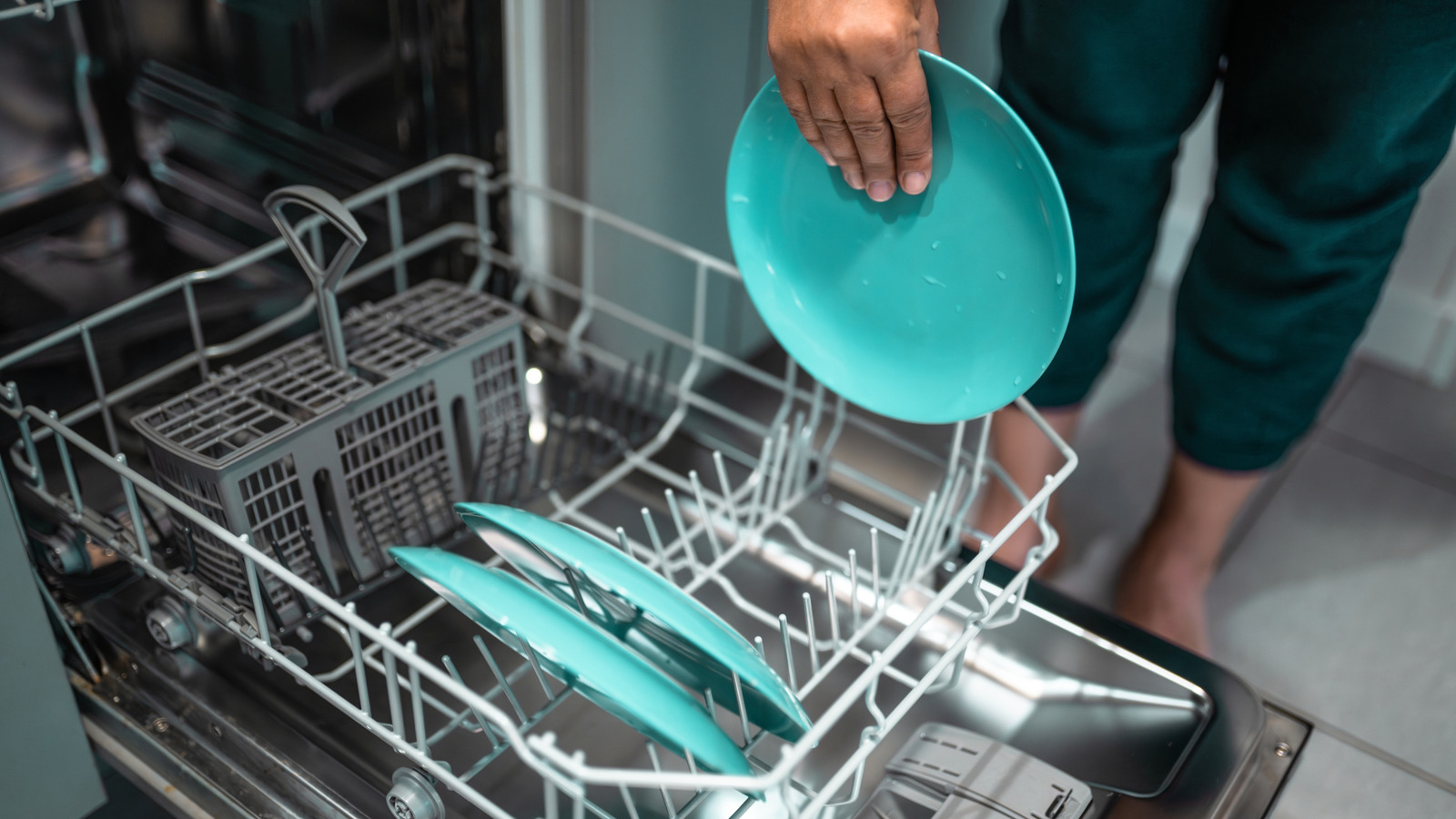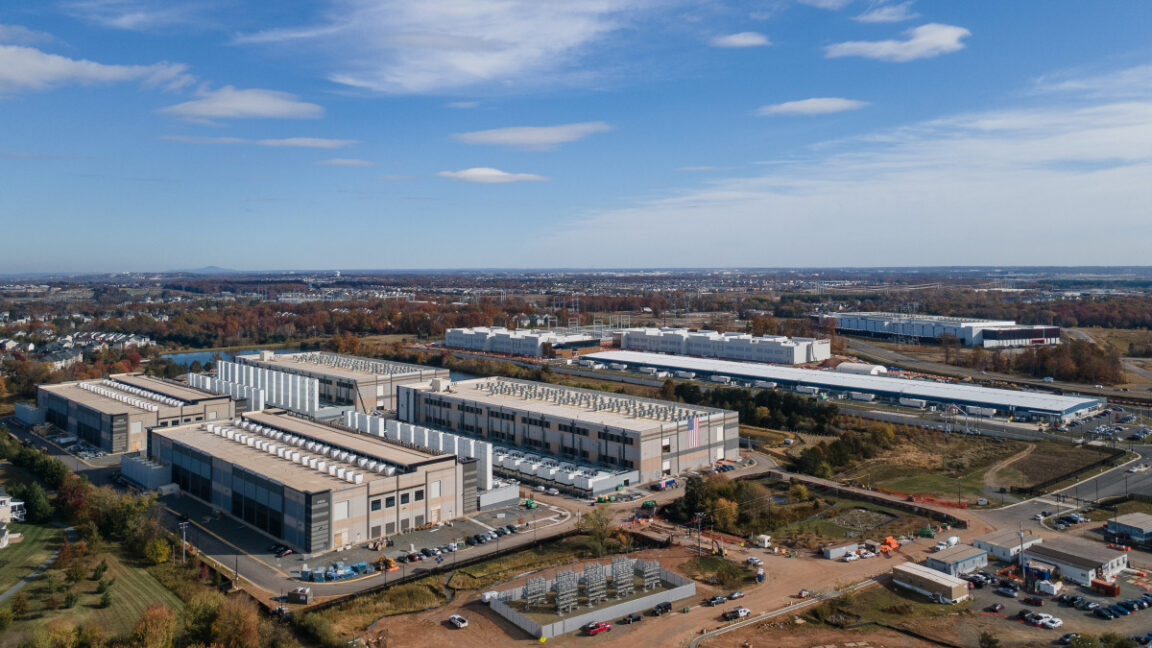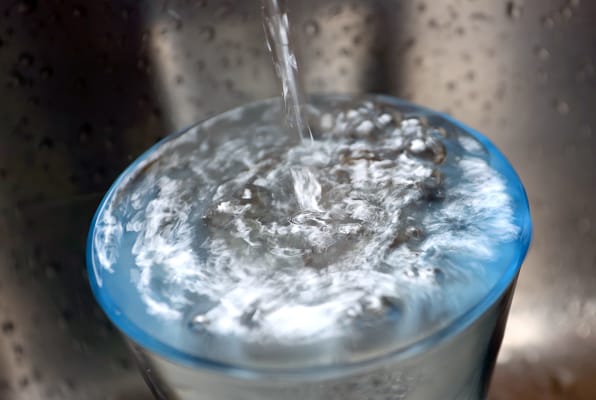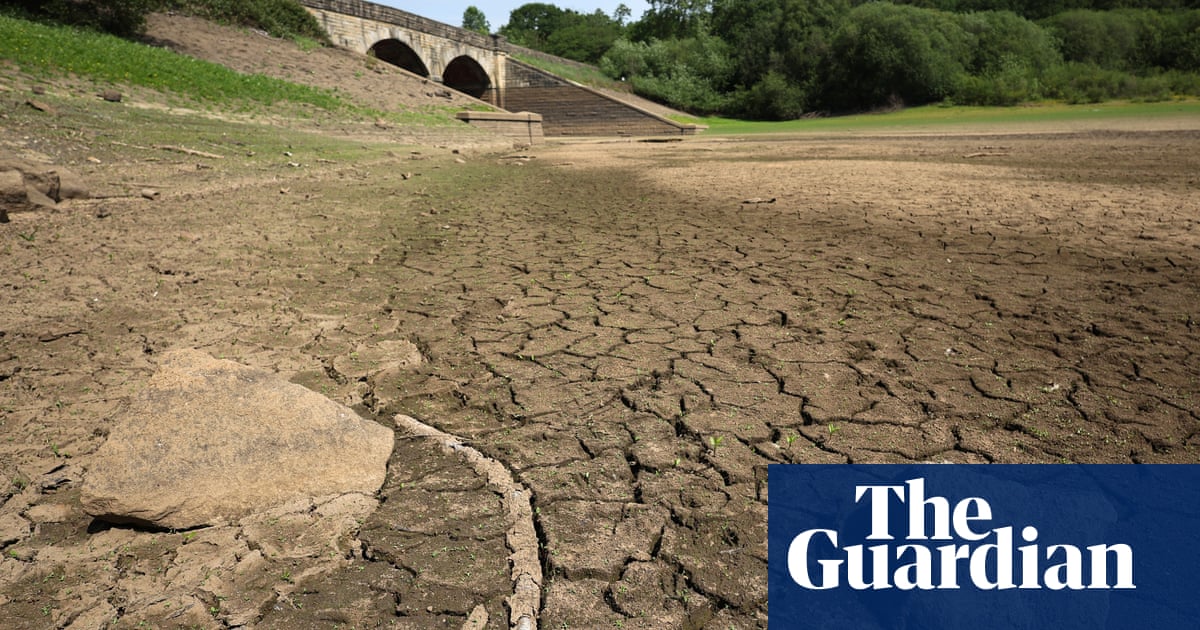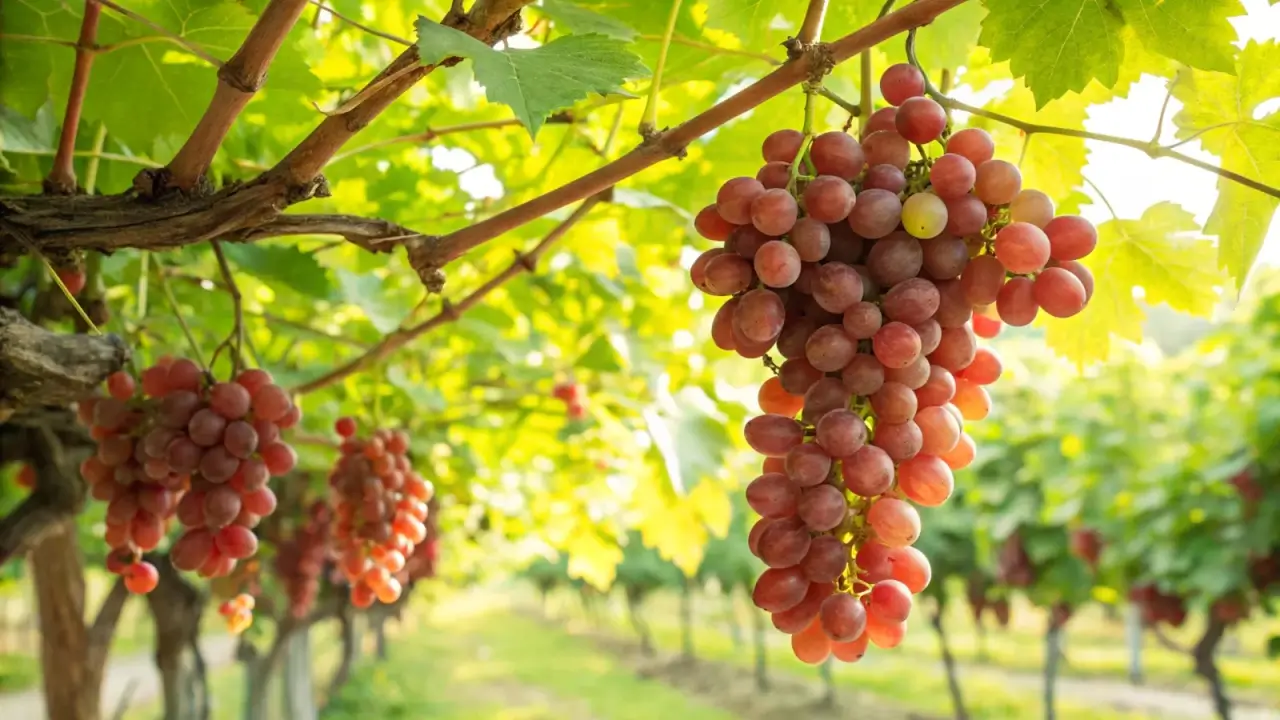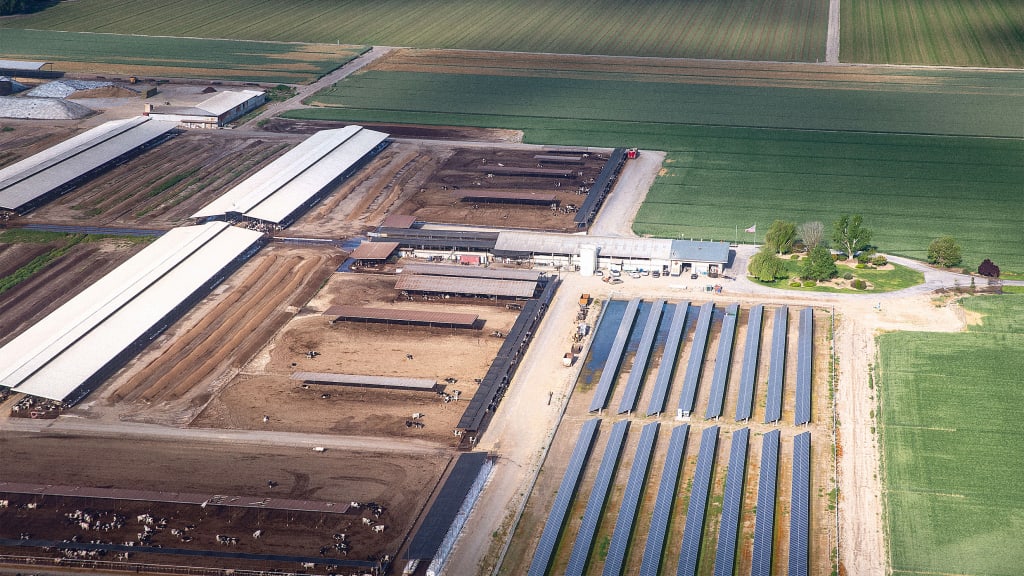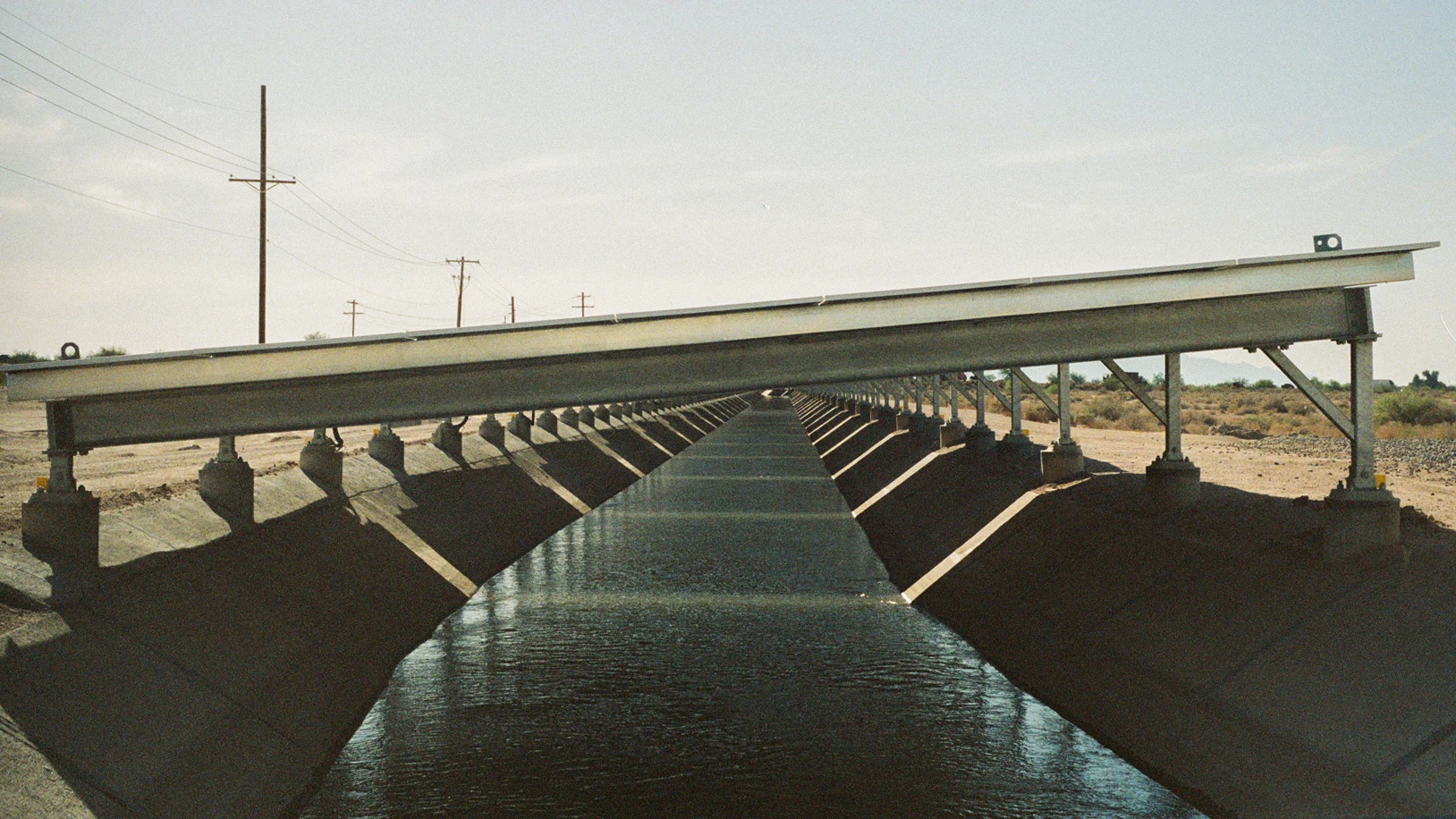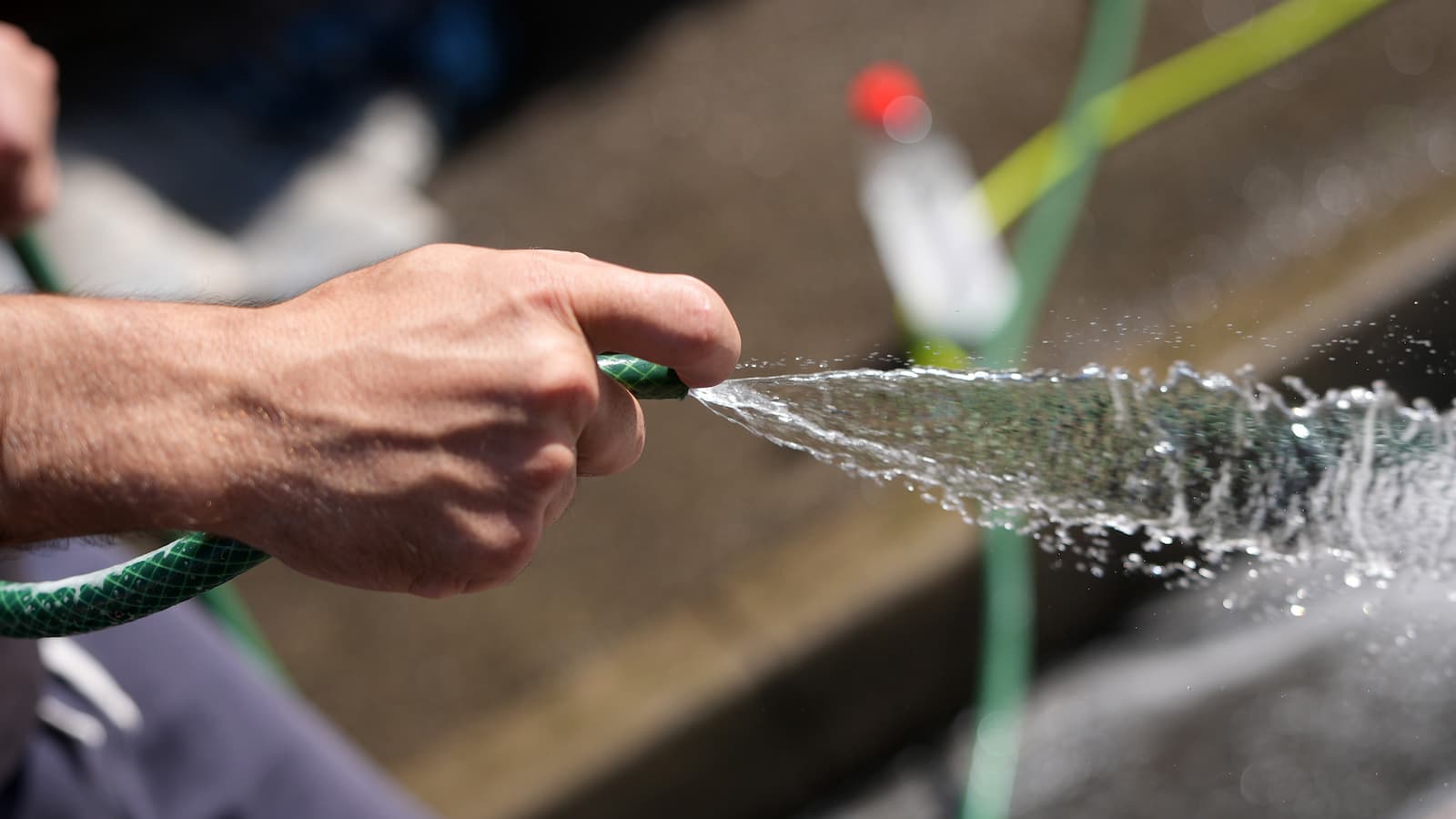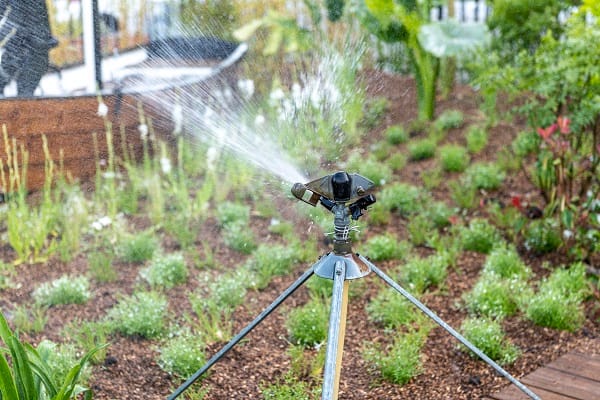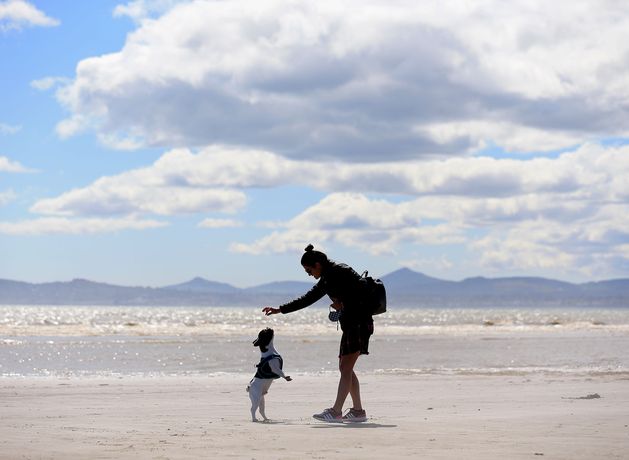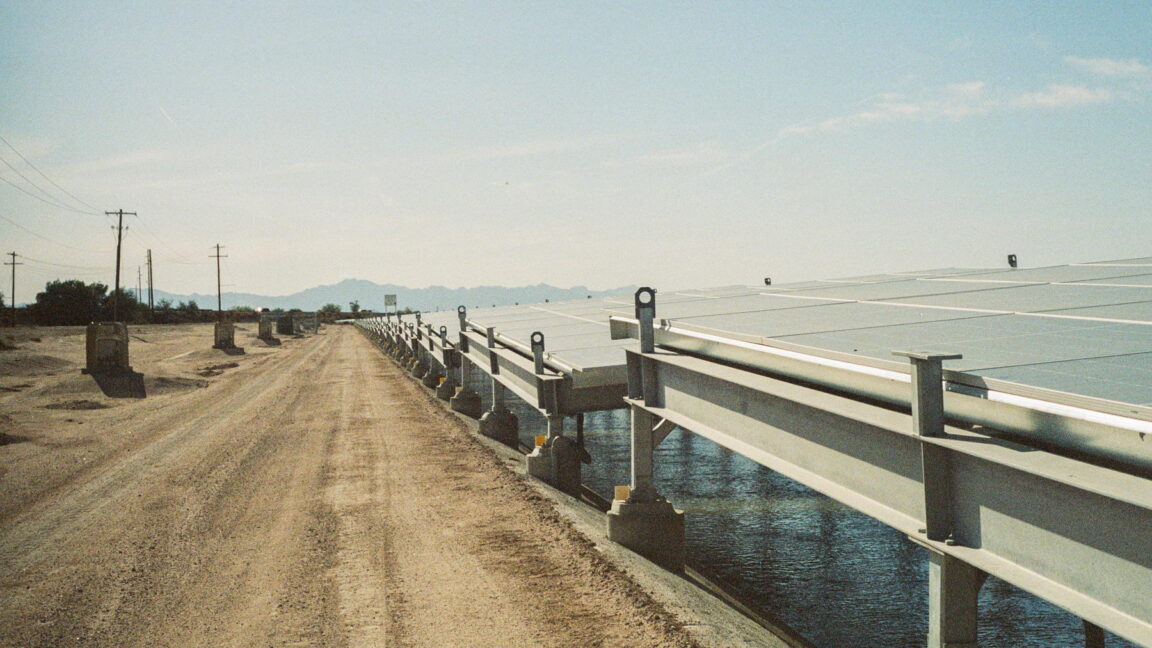#water-conservation
#water-conservation
[ follow ]
#drought #climate-change #hosepipe-ban #sustainability #colorado-river #agriculture #renewable-energy
Environment
fromSocial Media Explorer
1 week agoIrrigation Systems in Johnson County, KS Face Rising Demand as Property Owners Review Water Use - Social Media Explorer
Johnson County property owners are inspecting and updating irrigation systems to reduce water waste, improve coverage, and align with current watering guidance.
fromThe Walrus
1 week agoThe Yukon's Most Important Piece of Infrastructure Is a Plastic Blue Jug | The Walrus
I open the faucet and water gushes out, frothing as it fills a bright blue twenty-litre plastic jug, its faded sticker declaring BUILT TOUGH. You've probably seen one in the outdoors aisle at Canadian Tire: a cubic jug with a red or white screw-top faucet and a built-in handle for convenience. Most Canadians would associate the blue jug with camping trips.
Miscellaneous
Environment
fromwww.independent.co.uk
4 weeks agoThe emergency RHS plans protecting its gardens from threat of water droughts
Independent solicits donations to fund open-access journalism; RHS implements emergency water-capture investments and urges gardeners to prepare for climate-driven droughts and flooding.
fromianVisits
1 month agoDredging the past: Hanwell's historic canal side ponds being repaired
Every time a boat passes through a canal lock, thousands of litres of water are released and must be replaced, usually from other sources. To reduce water loss, engineers sometimes build side ponds next to canals with several locks in succession. These side ponds allowed water to be "put aside" rather than lost. When a lock chamber was emptied to lower a boat to the next level, paddles were opened to divert the water into an adjacent side pond.
UK news
fromApartment Therapy
1 month agoI'll Never Do Laundry When It's Raining - and Here's Why
When it's dreary outside, I usually hunker down and do household chores - running the dishwasher, catching up on laundry, maybe even taking a long shower and shaving my legs. These days, though, I take the opposite approach: I never do chores that require water use when it's raining outside. That's because I recently learned that my city, Milwaukee, has a shared sewer system - which means rainwater runoff, domestic sewage, and industrial wastewater collect in the same pipes.
Environment
fromwww.bostonherald.com
1 month agoEco-friendly toilet papers are trendy, but their actual environmental impacts vary
Toilet paper, a product that is used for a few seconds before being disposed of forever, is typically made with trees, energy-intensive manufacturing processes and chemicals that can pollute the environment. Experts say more consumers are seeking toilet paper made from recycled content or sustainable materials, but it can be hard to know what to look for. Sustainable toilet paper often costs more, but can have significant environmental benefits.
Environment
fromLos Angeles Times
2 months agoSome big water agencies in farming areas get water for free. Critics say that needs to end
They said these "dirt-cheap" prices cost taxpayers, add to the strains on scarce water, and discourage conservation - even as the Colorado River's depleted reservoirs continue to decline. "Federal taxpayers have been subsidizing effectively free water for a very, very long time," said Noah Garrison, a researcher at UCLA's Institute of the Environment and Sustainability. "We can't address the growing water scarcity in the West while we continue to give that water away for free or close to it."
Environment
fromState of the Planet
2 months agoSwimming Toward a Constitutional Right for Nature
Christopher Swain's deep relationship with water began as a child. He recalls splashing around in the water, searching for the protruding edge of a pirate's gold chest along the shores of Massachusetts, and feeling an almost spiritual connection to the ocean. For Swain, the water has always been a place of belonging. His sunlit childhood memories of the ocean later shaped his life's mission to protect water and the natural world.
Environment
Environment
fromRedfin | Real Estate Tips for Home Buying, Selling & More
2 months agoWhat is a Sustainable Home?
Sustainable housing minimizes resource use and environmental impact while improving health, lowering utility costs, and supporting resilient communities through efficient systems and eco-friendly materials.
fromLondon Business News | Londonlovesbusiness.com
2 months agoNorthern Ireland records third wettest Autumn on record - London Business News | Londonlovesbusiness.com
The Met Office has said that for Autumn, the UK recorded 20% more rainfall than the long-term meteorological average, but of the four nations, it was Northern Ireland and Wales that saw the most rainfall, with 39% and 37% above average respectively. Only 2000 and 2011 have seen wetter autumns in Northern Ireland since 1836. England saw a clear north/south divide, with northern England recording 45% above average (its fifth wettest Autumn since 1836) and southern England 17% more than average.
Environment
fromThe Mercury News
3 months agoWater district picks five projects totaling $3.9 billion to boost water supplies by 2025
Unknown to many people, Santa Clara County - like Los Angeles and most other urban areas in California - has seen its overall water use drop in recent decades, even as population has grown. Total water use in Santa Clara County has fallen 20% since 2000, while population grew by 25% over the same time. The reason: The district has spent millions of dollars to pay people to remove lawns and replace them with water-efficient landscaping, and on rebates for low-water appliances.
Environment
fromTESLARATI
4 months agoxAI's new facility will save Memphis 5 billion gallons of water annually
Elon Musk's artificial intelligence startup, xAI, has officially broken ground on its $80 million wastewater treatment facility in Memphis, Tennessee. The project aims to reduce strain on the Memphis aquifer by 9% and repurpose 20% of wastewater from the nearby Memphis T.E. Maxson wastewater facility that would otherwise flow back into the Mississippi River. A major step towards sustainability City officials, including Councilman J. Ford Canale and Memphis Chamber of Commerce CEO and President Ted Townsend, joined xAI staff at the October 10 ceremony.
Alternative transportation
Gadgets
fromApartment Therapy
4 months agoThis Kitchen Upgrade Makes Hand-Washing Dishes Easier (and Cleaner)
The Delta Trinsic Touch2O faucet delivers touchless activation with adjustable sensitivity, a 360-degree swivel high-arc spout, 20-inch retractable hose with magnet, TempSense LED, and easy DIY installation.
fromwww.mercurynews.com
5 months agoBenicia residents told to conserve water after line is damaged
A water line was damaged Wednesday in Benicia, leading the city to call for an immediate reduction in water use. The city issued a stage 4 critical water shortage alert, which requires a 40% cutback in water use citywide. It applies to all residents, schools, businesses, community organizations and other facilities. Residents can conserve water by running dishwashers and washing machines only with full loads, limiting showers to no more than five minutes, and stopping all non-essential water use.
California
fromTime Out New York
5 months agoThis was NYC's driest summer in a quarter of a century-what to know about the current New York state drought watch
On paper, it doesn't sound too dramatic; 1999 remains the record holder, clocking in at a parched 3.9 inches, but compared to the usual 14 inches that Gotham expects, this summer was bone-dry. If you were convinced otherwise by September's freak flash floods, you're not alone. Those torrents actually gave us the second-wettest in city history, but when you zoom out, short, intense storms don't add up to a replenished summer.
New York City
Environment
fromwww.npr.org
5 months agoThese investigators patrol Las Vegas looking for one thing: water waste
Southern Nevada Water Authority investigators patrol Las Vegas neighborhoods daily to identify sprinkler misalignment and over‑irrigation, mark witnessed violations, issue notices, and pursue fines to conserve water.
fromRedfin | Real Estate Tips for Home Buying, Selling & More
8 months agoWhy, How, and What is Rainwater Harvesting?
This "sustainable and simple yet powerful practice not only conserves water and reduces one's footprint, but also helps protect nature and secure the future," says Chandrima Debi.
Renovation
[ Load more ]
